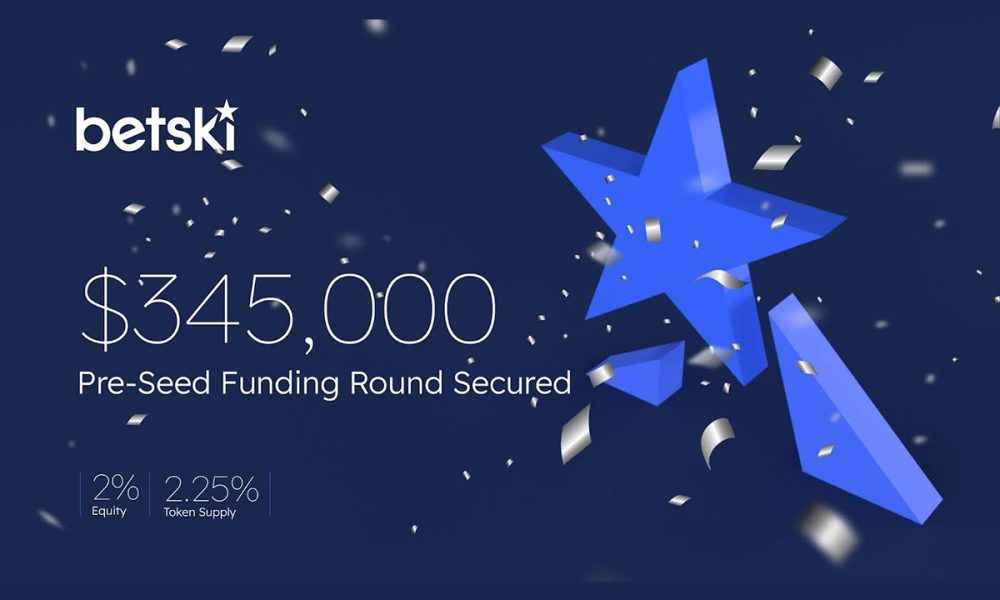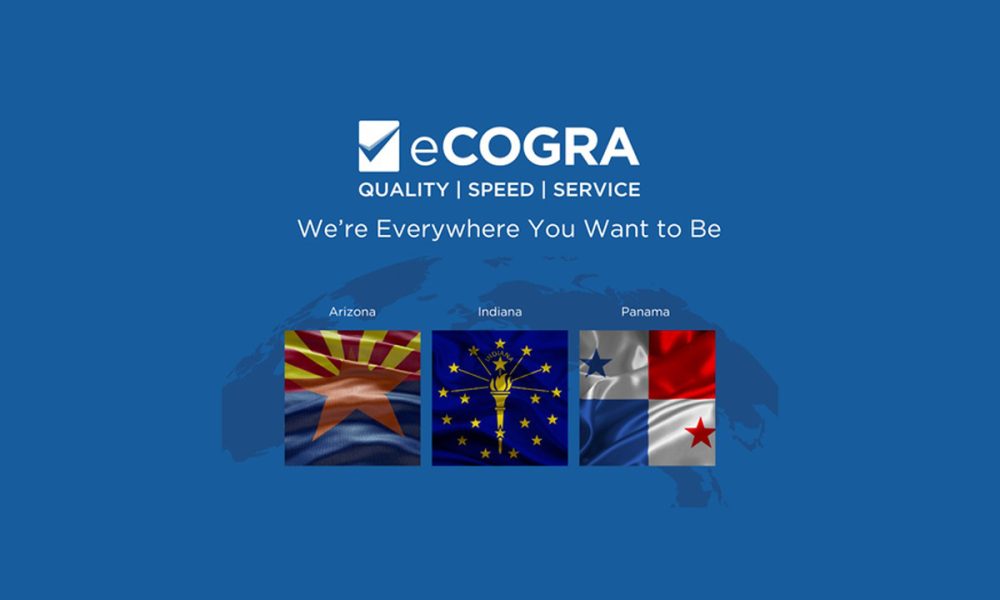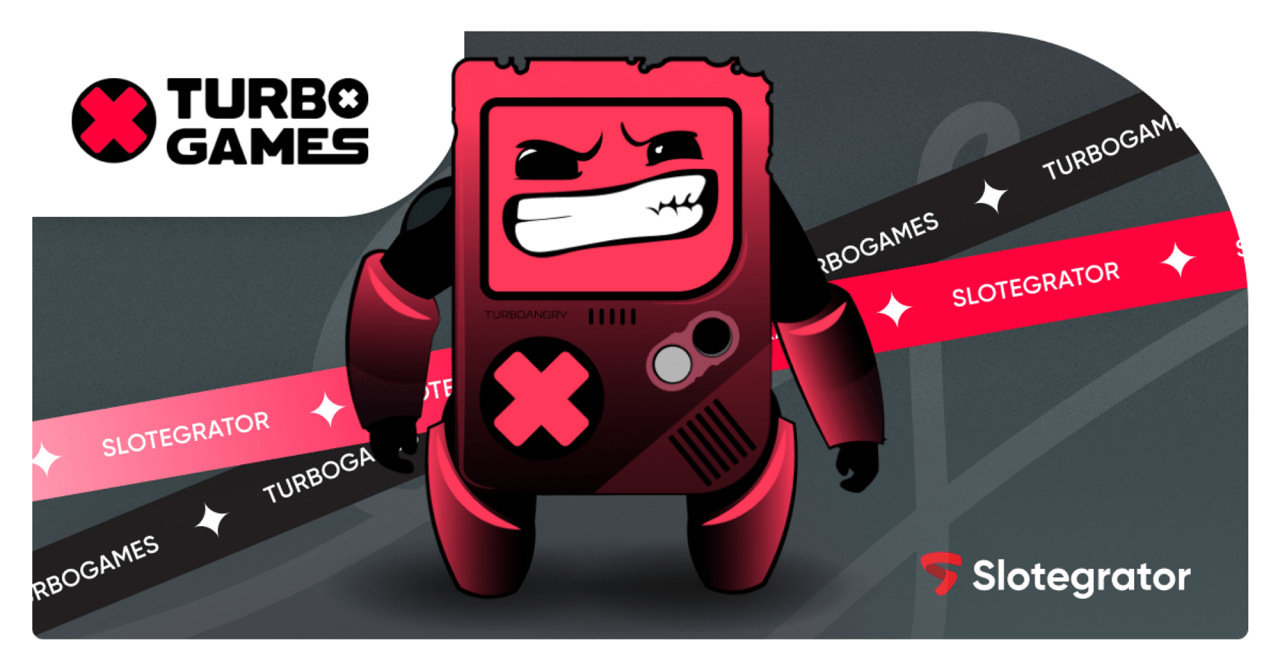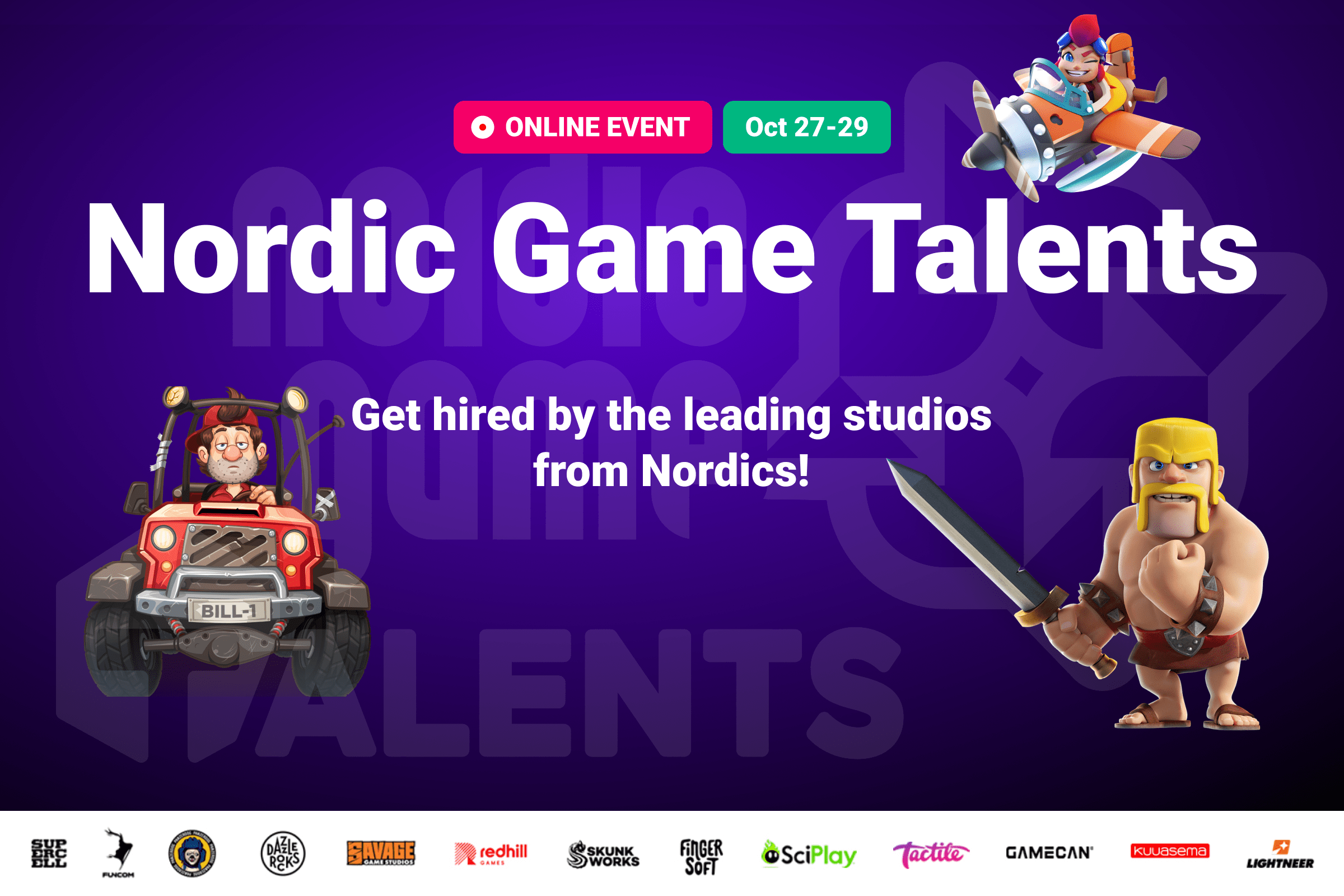iGaming Industry
New Mexico doing little to fight gambling addiction

State government is the big winner when it comes to gambling in New Mexico. It raked in more than $156 million in the last budget year from the New Mexico Lottery, horse racing and slot machines at tribal casinos, racetracks, and veterans and fraternal clubs.
But when it comes to preventing and treating problem gambling — one of the aftershocks of widespread wagering in New Mexico — the Legislature and governor have been unwilling to put much money on the table.
In the last budget year, which ended June 30, the state earmarked just $70,250 to specifically address problem gambling. All that money came from the lottery and went to the nonprofit New Mexico Council on Problem Gambling, which operates a telephone hotline and provides free counseling.
The $70,250 amounted to a fraction of 1 percent of the money the state took in last budget year in lottery profits, revenue sharing from tribal casinos and gambling taxes. By comparison, gaming tribes and racetracks were required to spend $2.3 million to combat problem gambling in the last budget year.
Meanwhile, the state Compulsive Gambling Council, created by law in 2006 and attached to the New Mexico Department of Health, hasn’t met for at least seven years despite a legal requirement that it meet regularly.
The council, made up of appointees of the governor, is responsible for implementing a state plan for preventing and treating problem gambling. The council and the Health Department also are supposed to educate seniors on problem gambling and to collect data on gambling-related suicides, bankruptcies and domestic violence.
The stakes are high when it comes to problem gambling.
The last major study of gamblers in New Mexico, in 2006, estimated as many as 29,000 men and women had gambling problems and tens of thousands of more were at risk of developing problems. Suicides and thefts of millions of dollars have been linked to problem gambling in New Mexico since the dramatic expansion of gambling in the state in the 1990s. In one of the most noted cases, Dianna Duran resigned as secretary of state in 2015 and pleaded guilty to charges that she used campaign donations to feed a gambling habit.
“Disordered gambling,” the most serious form of problem gambling, is recognized as a mental health condition and addiction by the American Psychiatric Association.
Guy Clark, chairman of Stop Predatory Gambling New Mexico, said the state government’s efforts to combat problem gambling are “pathetic and shameful” and a “major failure.”
“No one in the government seems to want to do anything about it,” Clark said. “Could it be that the government receives over a $100 million a year … doesn’t want to bite the hand that feeds it?”
Paul Rhien, a Health Department spokesman, said in an email that the Compulsive Gambling Council, which hasn’t met since Republican Gov. Susana Martinez took office in 2011, “appears to be just another legislative unfunded mandate.” He didn’t respond when asked in an email whether Martinez had ever sought funding for the council.
State Senate Finance Committee Chairman John Arthur Smith, D-Deming, said Martinez could fund the council out of the budget of the Health Department.
“I don’t think she needs specific money on that,” he said.
Under state law, appointees to the Compulsive Gambling Council aren’t paid for their work on the panel and also don’t receive reimbursement for travel expenses. The Health Department secretary or the secretary’s designee is supposed to chair the council. Other members include representatives of the gaming industry, experts in compulsive gambling and behavioral health professionals.
The Health Department budget totaled more than $550 million in the last fiscal year. While the department budget didn’t include money specifically targeted for problem gambling, it included funds to fight tobacco and alcohol use, obesity, cancer, opioid overdoses, HIV/AIDS infection and more public health concerns.
The Compulsive Gambling Council last met under Martinez’s predecessor, Democrat Bill Richardson.
In a 2009 report, the council made several recommendations to Richardson, including creation and funding of a state Office of Problem Gambling, a new tax on nontribal gambling to pay for problem gambling initiatives, a new study on problem gambling, prevention programs targeted at youth and seniors, and more funding for treatment programs.
“While the large majority of citizens will never encounter a problem with gambling, those who do generate a ripple effect of disastrous consequences in their families and communities,” the council said in the report.
None of the council’s recommendations have been adopted by state government.
“However, under this administration, the state has a number of initiatives designed to combat problem gambling in New Mexico,” said Rhien, the Health Department spokesman.
The spokesman cited a requirement that gaming tribes spend one-quarter of 1 percent of their slot machine winnings on problem gambling programs. The requirement is in compacts signed by Martinez and gaming tribes, but the requirement also was part of the previous state-tribal gaming compacts.
Rhien also cited a provision in the compacts that requires tribes to create programs that allow gamblers to voluntarily exclude themselves from casinos. Prior to the current compacts, only racetracks were required to have self-exclusion programs for gamblers.
Clark, of Stop Predatory Gambling New Mexico, said Martinez should re-establish the Compulsive Gambling Council to help in the prevention and treatment of problem gambling.
“We know that we have thousands of people afflicted,” he said.
Smith, who as a senator played a pivotal role in the expansion of gambling in New Mexico, said efforts to combat problem gambling have slid over the years to the back burner of state government and that the efforts today don’t reflect the seriousness of the issue.
“The problem is much larger than anybody wants to talk about,” Smith said, adding he needs to start asking more questions and hold hearings on government’s response to problem gambling.
The post New Mexico doing little to fight gambling addiction appeared first on Eastern European Gaming – News – Interviews – Legal Market Updates – Premium Reports – Events – Directory.
Source: EEGaming.
gaming operators
XT.COM Announces Listing of Zenex

XT.COM has announced the listing of ZNX (Zenex), an AI-driven payment infrastructure token designed to revolutionize the $107B+ iGaming industry. The ZNX/USDT trading pair will be available in the Innovation Zone (RWA), providing traders with access to a token that brings real-world business utility, enhanced fraud protection, and verifiable revenue-sharing mechanisms to online and land-based gaming operators.
Imagine a payment ecosystem where betting operators no longer need to freeze millions in capital reserves, where players enjoy seamless transactions across continents, and where token holders benefit directly from the growing gaming industry. That’s not a future promise – it’s what Zenex delivers today.
At its core, Zenex solves the gaming industry’s biggest challenge – the massive capital reserves required by traditional payment systems. Through the innovative blockchain and AI infrastructure, gaming operators who hold ZNX can reduce their reserve requirements by up to 30%, instantly freeing up capital for growth and operations.
The Zenex ecosystem combines multiple revenue streams that directly benefit ZNX token holders:
• Operational Betting Shops: The expanding network of profitable locations across Kenya generates consistent revenue, with systematic buybacks supporting token value.
• Advanced Payment Infrastructure: Already processing millions in monthly transactions, the payment solution helps operators reduce costs while improving transaction efficiency.
• White-Label Gaming Solutions: The proprietary platform powers multiple online casinos and betting operations, generating steady transaction volume.
• Innovative Mini-Games Platform: A suite of engaging games drives player engagement and creates additional revenue streams.
• Premium Card Solution: The upcoming Zenex Card will revolutionize how players access and manage their funds across 150+ countries.
The Zenex Advantage:
• Systematic Buybacks: A portion of all gaming revenue is used to buy back ZNX tokens, creating sustainable price support.
• Token Utility: Operators holding ZNX benefit from reduced reserve requirements, creating natural demand from the $107 billion iGaming industry.
• Strategic Lock-ups: Smart contract-based locking mechanisms ensure long-term price stability.
• Community Governance: Token holders participate in key decisions about platform development and charity initiatives.
The post XT.COM Announces Listing of Zenex appeared first on Gaming and Gambling Industry in the Americas.
Alejandro Navarro
Betski Secures $345,000 in Pre-Seed Funding for First-ever Tokenized Casino Ownership Platform

Betski is set to launch its online casino ownership platform in Q1 of 2025, enabling users to earn casino profits through digital tokens. The system will allow anyone to receive a share of casino earnings without managing casino operations, marking a new chapter in the multi-billion-dollar iGaming industry. Supported by a $345,000 pre-seed funding round, the platform aims to democratize access to casino earnings and reshape the multi-billion-dollar gaming industry.
Opening Casino Ownership to Everyone
The platform’s tokenization system reshapes traditional casino business rules through an automatic profit-sharing program. Token holders receive a percentage of every bet placed on the platform.
This system eliminates steep entry costs, such as operational expenses, licensing fees, and administrative management. Users can start earning returns without previous casino experience or large capital investments.
“A small group have exclusively enjoyed casino industry profits until now. Our platform opens these earnings to everyone through our tokenized profit-sharing system, turning users into online casino owners,” said Alejandro Navarro, founder and CEO of Betski.
Direct Profit-Sharing Through Tokens
Through a verified digital system, the ownership program distributes Gross Gaming Revenue (GGR) among token holders. Investors have recognized this potential, contributing $345,000 in pre-seed funding that combines gaming entertainment with digital asset ownership. The platform maintains strict security protocols and automated distribution systems for reliable profit sharing.
“The platform distributes real money to token holders from every bet placed by players. This creates a steady income stream for online casino owners – something the traditional casino structure has never offered,” said Navarro.
Global Growth of Online Casino Ownership
The platform has attracted 2400 active Discord members and over 20,000 followers on X (formerly Twitter). These early adopters are expected to participate in test runs of the profit-sharing system once it goes live. Over the next 24 months, the platform will roll out first in Latin America, followed by expansion into European and select Asian markets.
Betski offers casino games, live casino experiences, eSports betting, global lotteries, fantasy sports, and traditional sportsbooks. This variety creates multiple revenue streams for online casino owners. Players can access all gaming options through a single interface, which streamlines the betting experience and maximizes potential returns for token holders.
The team has partnered with major payment processors and marketing agencies to support the platform’s global expansion. These collaborations will facilitate smooth transactions and user acquisition across different regions. The platform meets all regulatory requirements in its target markets, certifying long-term stability for token holders.
New Opportunities for Investment
Following the successful pre-seed round, Betski is now opening its seed funding round to welcome additional participants into its casino ownership platform. This investment opportunity enables individuals and entities to join the platform’s growth journey ahead of its official launch in Q1 2025.
Bradley Khoury
eCOGRA Approved to Operate in Arizona, Indiana and Panama

eCOGRA, a leading international authority in Testing, Inspection and Certification services for the iGaming industry, has secured new regulatory approvals across three key jurisdictions: Arizona, Indiana and Panama. With these developments, eCOGRA strengthens its position in the U.S. and Latin American markets, offering excellence in compliance through their Quality, Speed, and Service promise.
This strategic expansion allows eCOGRA to conduct independent compliance audits and certification services in each region, addressing the growing demand for rigorous regulatory oversight in the fast-evolving global iGaming industry.
Securing approval in Arizona, where eCOGRA has now been licensed as an Event Wagering Ancillary Supplier, enables the International Testing Laboratory (ITL) to audit event wagering licensees in line with Arizona’s expanding regulatory landscape. Indiana, which introduced online sports betting in September 2019, has authorised eCOGRA to perform regulatory compliance audits, providing licensed operators with crucial assurance in meeting the state’s high standards.
In Panama, the Board of Gaming Control officially recognised eCOGRA as an Authorised Entity for Compliance Certification, specifically for slot machines and gaming software. This endorsement reinforces eCOGRA’s role as a trusted partner for operators seeking to meet stringent regulatory requirements in Latin America’s emerging iGaming sector.
“Our recent approvals in Indiana, Arizona, and Panama underline our dedication to continually expand our offering, to support our growing portfolio of clients with their global growth plans. We are committed to ensuring that we bring the same quality, speed and service that marks us out to both our clients and regulators in these dynamic markets,” said Will Shuckburgh, Group CEO of eCOGRA.
Bradley Khoury, Chief Technology Officer at eCOGRA, said: “Securing licensure as an Event Wagering Ancillary Supplier in Arizona and an Authorised Entity in Panama underscores our dedication to supporting responsible and sustainable iGaming operations. We are committed to driving trust and accountability within the industry by providing compliance solutions that uphold the highest standards.”
-

 gaming3 years ago
gaming3 years agoODIN by 4Players: Immersive, state-of-the-art in-game audio launches into the next generation of gaming
-
EEG iGaming Directory9 years ago
iSoftBet continues to grow with new release Forest Mania
-
News7 years ago
Softbroke collaborates with Asia Live Tech for the expansion of the service line in the igaming market
-
News7 years ago
Super Bowl LIII: NFL Fans Can Bet on the #1 Sportsbook Review Site Betting-Super-Bowl.com, Providing Free Unbiased and Trusted News, Picks and Predictions
-
iGaming Industry8 years ago
Rick Meitzler appointed to the Indian Gaming Magazine Advisory Board for 2018
-
News7 years ago
REVEALED: Top eSports players set to earn $3.2 million in 2019
-
iGaming Industry8 years ago
French Senator raises Loot Boxes to France’s Gambling Regulator
-
News7 years ago
Exclusive Interview with Miklos Handa (Founder of the email marketing solutions, “MailMike.net”), speaker at Vienna International Gaming Expo 2018

















